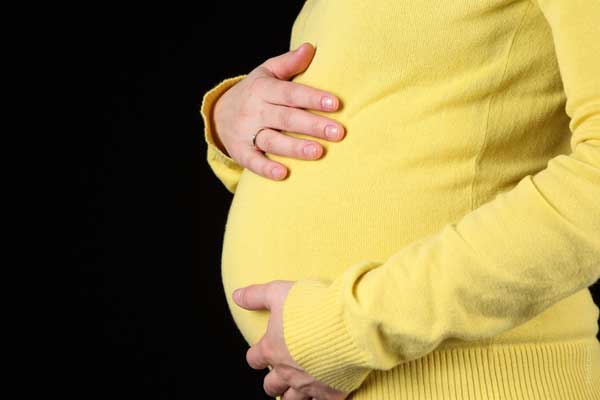7 Health Checks before Pregnancy
The moment comes when the two are ready for a third person in their life – you and your husband have decided to have a baby! Of course, sometimes it comes unplanned. Still, experts recommend to treat this important case deliberatly and plan pregnancy because it affects the mother’s and baby’s health.

What checks to go through when planning a pregnancy
- First, you need to recollect your illnesses. For example, do you have allergy or were sick with measles as a child? If not, it is recommended to get ill with it before the pregnancy, because if the infection occurs during it – you will not avoid abortion at any stage, and it is very dangerous.
- Be sure to visit a gynecologist and a therapist, go check for latent genital infections. Your spouse will need to visit a male specialist, andrologist.
- Find out whether you have antibodies to toxoplasmosis. Even if you have never had a pet, you should carefully treat this issue. After all, the risk of infection is growing every month, and in the third trimester the threat is already 60%. You should not get a pet if you are getting ready to conceive, wait for when the baby is born.
- You and the spouse will need to know your blood group and Rh factor. Sometimes despite the absolute health of both spouses, conception does not occur because of different Rh. Also, if you have a negative rhesus, you need to plan conception strictly under the supervision of a doctor.
- A would-be mother and father should definitely test blood for the following diseases: HIV, AIDS, syphilis, hepatitis, herpes.
- In order to have a healthy baby, the expectant mother must be examined to make sure that she has a healthy liver, kidneys, thyroid, pelvic organs – because her body will have to work for two, and with each month there will be more and more work.
- Be careful when giving blood for analysis. When the doctor says, “on an empty stomach”, it means that the gap between food and blood sampling should be at least 8 hours; tea, coffee and juices are also considered food.
